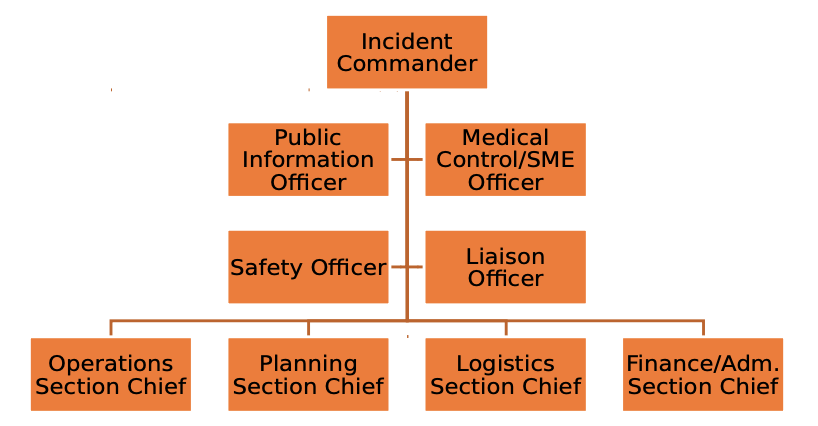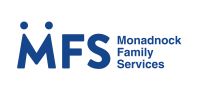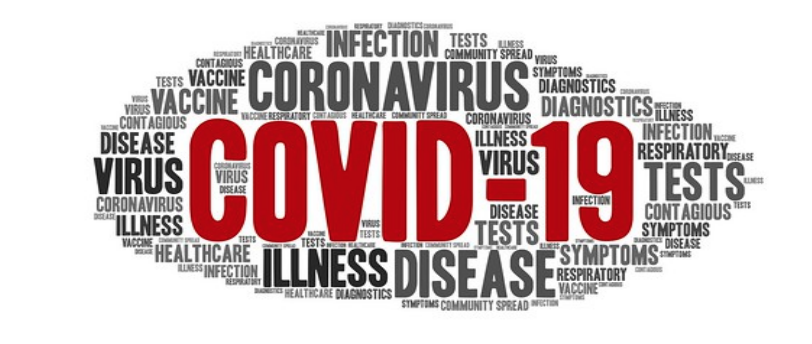How does an organization respond to a pandemic? For MFS, we chose to follow a
framework that has been used in the emergency response arena for a number of
years – National Incident Management System (NIMS). NIMS provides a common,
nationwide approach to enable the whole community to work together to manage
all threats and hazards. NIMS applies to all incidents, regardless of cause, size,
location, or complexity. One component of this system is Incident Command System
which is a standardized approach to command, control, and coordination of an
incident, in this case, the impact of Covid-19 on MFS. The system includes several
major function areas:

MFS adopted this framework as our approach to manage the impact of Covid-19
internally (staffing) and externally (clients, partners, funders). Our response to
Covid-19 began in early March. Our first meeting with senior leaders happened on
March 5, 2020 where we reviewed Incident Command team structure, developed
our incident action plan and assigned lead roles. We initially met on a weekly basis
however quickly realized that given the severity of the incident, daily meeting were
necessary. By the beginning of April we developed specific job action sheets for
each command position, assigned all command roles and began implementation of
our action plan. Our Incident Command team includes:
Incident Commander: Eileen Fernandes, Chief Program Officer
Planning Chief: Phil Wyzik, CEO
Operations Chief: George Piers, Director Counseling and Outpatient Services
Logistics and Finance Chief: Gigi Pratt, Chief Financial Officer
Medical Control/Subject Matter Expert: Dr. Marianne Marsh, Chief Medical
Officer
Safety Officer: Melissa Maurer, Director of Quality Improvement
Communications Officer: Mary Delisle, Director of Development
Recognizing the severity of the pandemic, we determined the need to expand our
Incident Command team via having a backup person for each command role in
preparation for illness for any of the command staff. Thus beginning on April 8,
2020 we added four additional staff to the daily debriefing meetings:
Deb Coltey, APRN
Jessica Howard, Associate Director of Adult Services
Adriana Elliot, Associate Director of Children’s Services
Annelies Spykman, Associate Director of Children’s Services
With daily meetings we soon learned the need to have a more organized approach
to ensure attention to specific assignments, follow through and accountability. Thus
beginning in mid-April we created a weekly schedule of topic areas:
Monday: Planning
Tuesday: Operations
Wednesday: Finance and Logistics
Thursday: Information Technology
Friday: Human Resources
In May, George Piers, Operations Chief established an Operations Committee to
tackle all the operational issues needing to be addressed as we as an organization
changed our mode of delivering care. The operations committee meets weekly to
address such topics: logistical needs for our clinical staff to work from home,
guidance documents for using telehealth, guidance documents for meeting with
clients in person.
As we approach the five month mark, our team has moved from daily meetings to
meeting three times a week. Much has been accomplished during the past five
months. We have moved away from our traditional approach to providing mental
health services in the office and in client’s homes/communities to having the
majority of our services provided via telehealth. With these changes, we developed
guidance documents, protocols, training to staff, and algorithms for monitoring staff
exposure and illness. The majority of our clinical staff are working from home while
our administrative staff continue to do their important work in our offices. We
continue to monitor service deliver, staff illnesses, and logistical needs now and to
the future, and planning for long term service delivery as Covid-19 remains in our
communities. A time will come when the Incident Command framework is no longer
necessary. For now, it serves a vital purpose to ensure the agency’s continued
response to this pandemic is proactive and responsive to the needs of staff and
clients.


Recent Comments